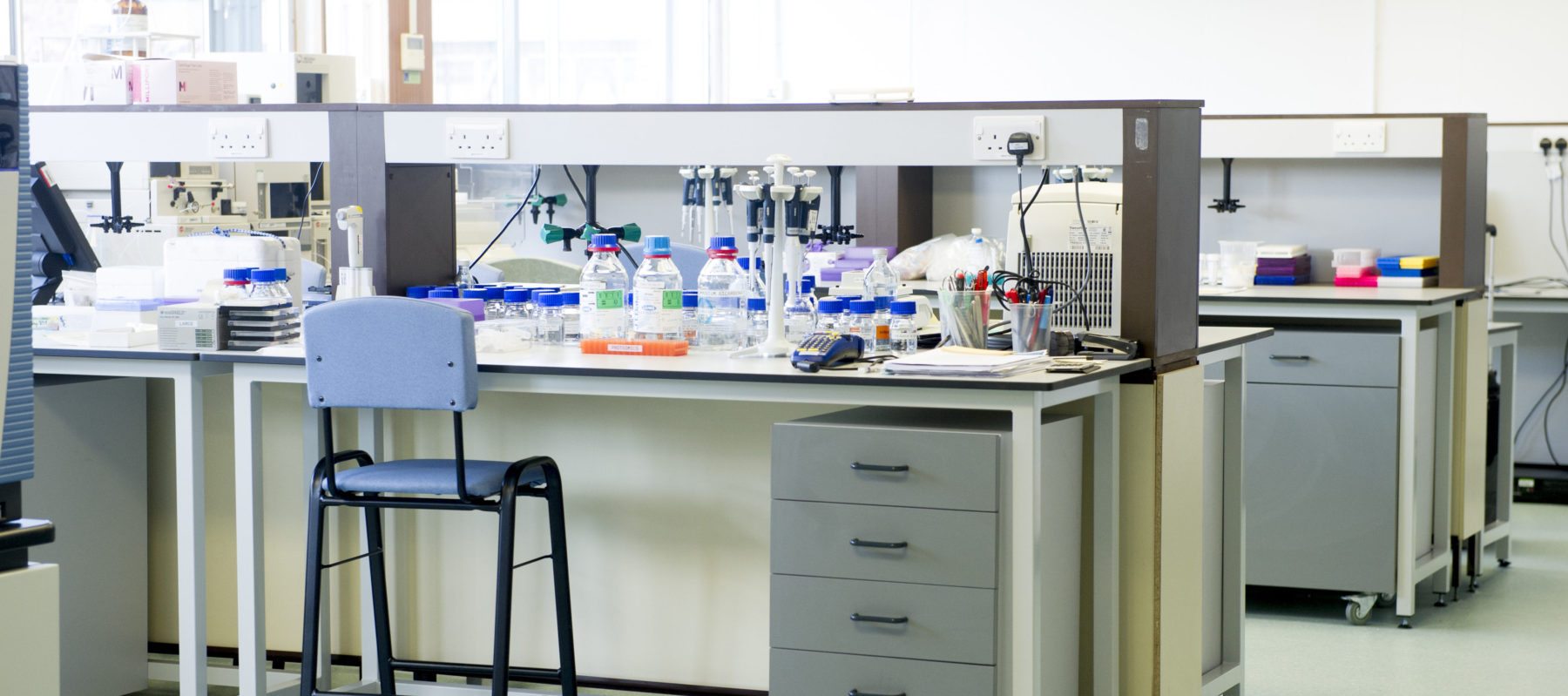New research at Warwick could be key to developing drugs for disease prevention
A research team in the School of Life Sciences at Warwick has paved the way for a new generation of drugs that could be used to prevent cancer and Alzheimer’s.
The team, led by Dr Ioannis Nezis, has identified and created a database of proteins that are needed for a cellular human process called autophagy.
Autophagy is natural process in humans, and it declines as we age. It is the process by which our cells consume and destroy damaged or harmful parts of themselves.
These damaged or harmful parts could cause problems if they are not destroyed, and are the reason for many diseases and illnesses. As we get older, the process declines, and humans are less able to destroy harmful infections.
The School of Life Sciences team has discovered 700 proteins needed for this process in humans.
Identifying novel selective autophagy-related proteins will help for the development of novel pharmaceutical drug targets for a large variety of diseases
Dr Ioannis Nezis
It is hoped that this research, and understanding of the proteins and their significant roles in autophagy will ultimately lead to progression in the field of drug-development, and the pharmaceutical industry.
The research and discoveries of the team will enable the scientific community to experiment with new ways to activate the process inside human cells, which could prevent major age-related diseases, including cancer and Alzheimer’s.
The school of Life Sciences is very active in this field of research, as demonstrated by the research leading to the database construction.
Moreover, its laboratory founded the Autophagy UK Network, which is an organisation that aims to bring together autophagy experts from all over the UK.
Dr Nezis told the University:
“Identifying novel selective autophagy-related proteins will help for the development of novel pharmaceutical drug targets for a large variety of diseases like cancer, neurodegeneration and other ageing-related diseases, infections, diabetes, obesity and Crohn’s disease.”
“Importantly, understanding the molecular mechanisms of selective autophagy will help researchers to find interventions to activate the autophagic pathway to prevent ageing and promote healthy well-being during the life course.”

Comments (1)
Fasting greatly increases autophagy.